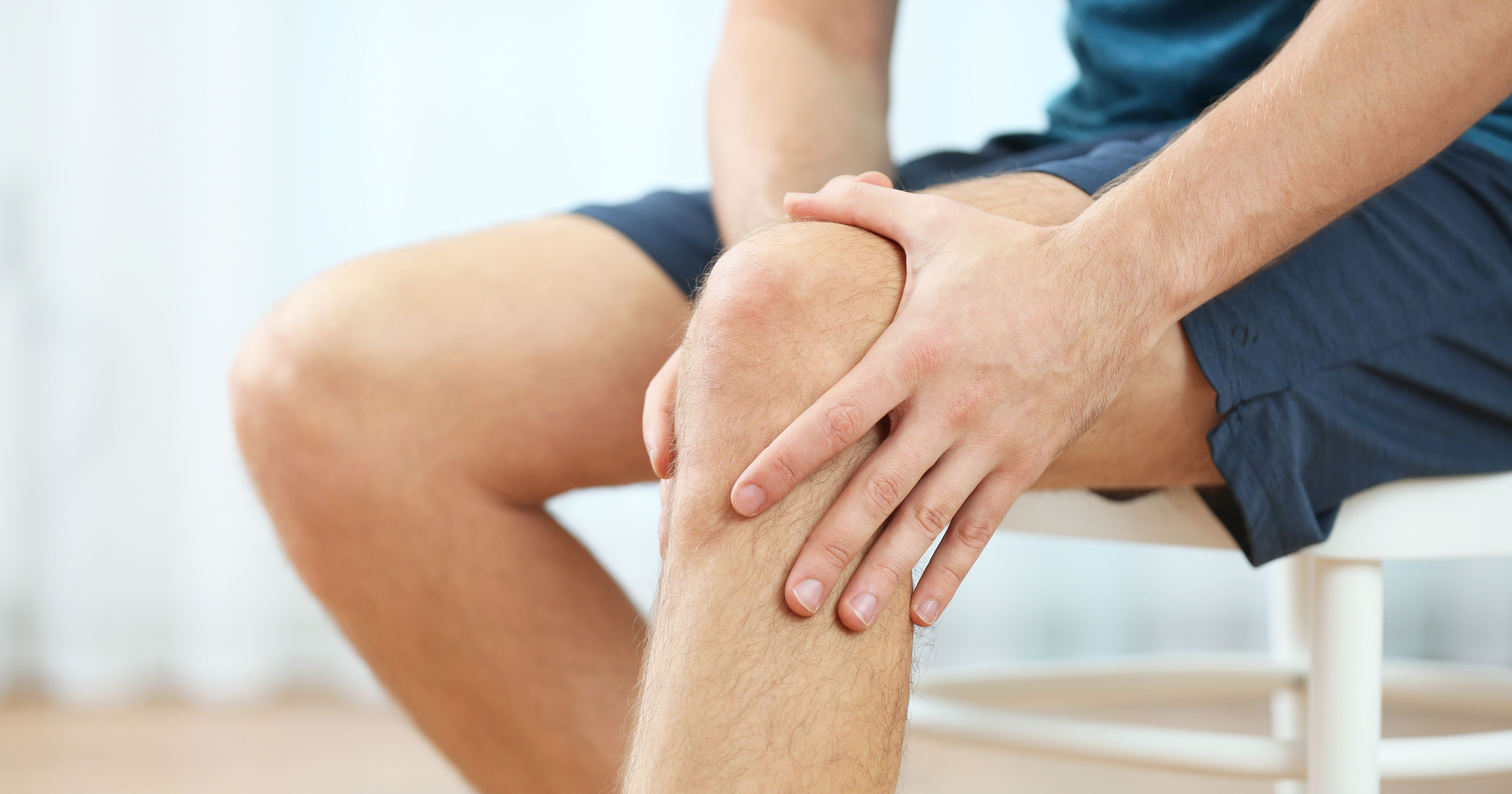Whether you are a casual golfer, or hitting the tournament circuit, golf can lead to quite a few injuries. The stresses placed on the body while controlling a golf swing have the potential to turn into overuse injuries and chronic pain. A misaligned spine can cause your center of gravity to be shifted- resulting in a less effective swing and posture. Here are some common golf injuries to look out for.
Back Pain
Back pain is the most common injury associated with golf. Studies show that back pain is an ailment reported by up to 35% of amateur golfers and 55% of professionals. A golf swing requires a large amount of twisting of the spine, and these shearing forces are stressful on the spine and surrounding tissues. Golf can cause muscle strains, herniated discs, sciatica and exacerbate arthritis.
Elbow Tendonitis
A common golf injury referred to as "golfer's elbow" is elbow tendonitis. Repetitive stress to the wrist and using the hand to grasp causes inflammation to the tendons on the inside of the elbow. The tendon over the inner part of the elbow can feel tender and radiate up or down the arm as it gets worse.
Rotator Cuff Injuries
The rotator cuff is a group of four muscles that control movement in the shoulder. With stress to the shoulder it is possible to strain or completely tear one of the rotator cuff tendons. Symptoms include weakness in the shoulder and the inability to lift you arm. Pain with certain movements and not being able to sleep on your shoulder are also common signs of a rotator cuff injury.
Hand and Wrist Injuries
The wrist and hand take on a large amount of stress with golf. Every time you hit the ball you are controlling the motion by grasping the club. Because the hand and wrist take on these stresses, it is very common to see damage to the tendons and ligaments. Tears in the ligaments on the pinky side of your wrist, known as the TFCC, can tear causing pain and instability on that side of the hand and forearm. Overuse injuries such as tendonitis in the thumb and carpal tunnel syndrome are also common. Symptoms include pain and tenderness to the affected areas. Carpal tunnel syndrome can also present signs of nerve irritation. Numbness, tingling or pins and needles in the hand and wrist are all signs of carpal tunnel syndrome.
How Chiropractic Can Help Common Golf Injuries
Chiropractic care is an effective way to prevent and treat golf injuries. Firstly, ensuring that your spine is in the proper alignment for you nervous system to function properly can reduce the risk for injury. Secondly, chiropractic care improves your posture, increases core stability, and increases flexibility in areas that you need it. Finally, if you do suffer from any of these common golf injuries, chiropractic care uses various treatment methods and modalities to relieve pain, reduce inflammation, and regain mobility.
Contact Dr. Shane Silver at Silver Chiropractic and Wellness to keep you in the game!




